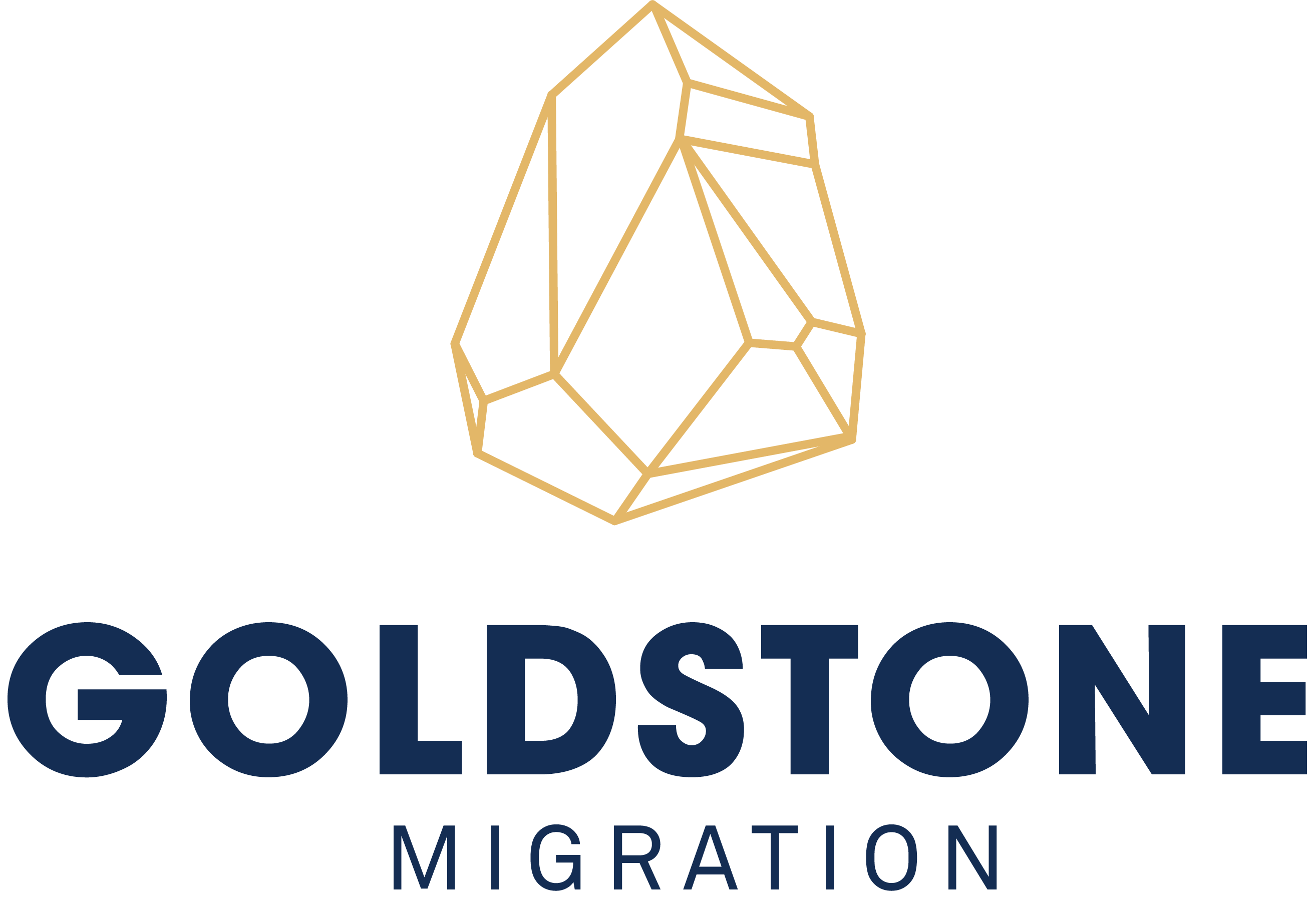Working & Skilled Visas
Which visas are available?
The skilled and working visa program is part of Australia’s migration program aimed at bringing people from other countries who have specific skills that Australia needs. These visas help fill jobs where there aren’t enough Australian workers. Visas can be either temporary or permanent, offering various options depending on the needs and qualifications of the applicant. If you are a professional or tradesperson with a few years of work experience, looking to migrate to Australia you may be eligible for either a skilled visa or an employer sponsored visa.
Here are some of the types of working and skilled visas available:
- Skilled Independent Visa (Subclass 189)
- Skilled Nominated Visa (Subclass 190)
- Skilled Work Regional (Provisional) Visa (Subclass 491)
- Permanent Residence (Skilled Regional) Visa (Subclass 191)
- Skills in Demand Visa (Subclass 482)
- Employer Nomination Scheme (Subclass 186)
- Skilled Employer Sponsored Regional (Provisional) Visa (Subclass 494)
Which visa should I apply for?
Before deciding which visa to apply for it’s important to keep in mind that your occupation must be on skilled occupation list. Visa pathways, either temporary or permanent, will be dependent on your occupation and/or applicable occupation list. Other factors to consider when deciding which visa to apply for include:
- your age, qualifications, salary and English language ability;
- the State or Territory you intended on residing within;
- the amount of years of experience you have working in your occupation;
- whether you have obtained a positive skills assessment;
- whether you have an approved sponsor willing to nominate you for a role in their company; and
- the location of your residence and employment (i.e. regional vs. urban).
What are the main requirements?
For employer sponsored visas, you will require an employer sponsor. Generally, you will also need to be under the age of 45, have at least one years relevant work experience, have a valid nomination by your sponsor and meet the required English language requirements. Employer sponsored visas may be temporary or permanent visas.
For skilled visas, the focus is achieving enough points to obtain a nomination or invitation to apply for the visa. Factors that may weigh in your favour include age, length of work experience and English language ability.
What are some of the common issues or reasons for refusals?
The Department is particularly stringent when it comes to assessing skilled and employer sponsored visas. Some of the more common reasons for refusal include:
- inability to demonstrate genuine need for the business positions;
- incorrect allocation or overclaiming of points;
- failure to adhere to labour market testing rules;
- failure to evidence annual market salary;
- insufficient or incorrect documentation provided to support key requirements for the visa.
Our team of friendly, professional and experienced lawyers are here to help you whenever you need. Contact us today for assistance with your application or as a sounding board for your questions and concerns. We are sure to provide you with accurate, informative and relevant information to help you navigate this tricky process.
Want to find out which visa is suitable for you?
Fill up our Visa Eligibility Assessment form so we can make an assessment and provide you with advice on your possible visa options.

